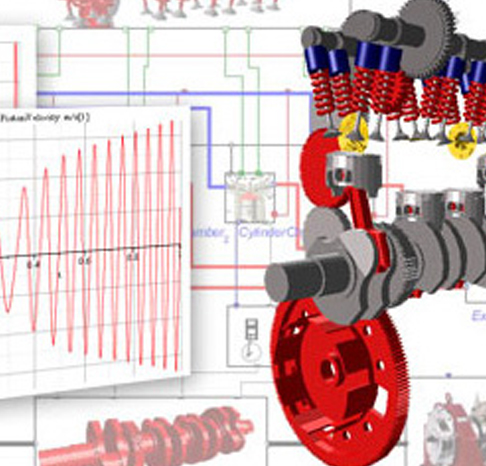Highlights:
- Learn about why FMI is an increasingly important standard for engineering system design, testing, and integration
- See how applying the FMI standard to physical models can provide engineers with a very viable option for rapid plant model development
- Discover why Maplesoft’s symbolic technology significantly improves model fidelity without sacrificing performance

Due to the way products are developed today, engineers increasingly have to take components from different suppliers and integrate them into their final product. The ability to take work developed within many different tools and accurately model the real-time behavior of the integrated system is of paramount importance. Having an open standard that supports model exchange and co-simulation has many benefits for engineers. To this end, FMI is an increasingly important standard for engineering system design, testing, and integration.
To perform meaningful testing of integrated systems, engineers need high-fidelity models that not only accurately represent the system being tested, but are also capable of running in real time. Maplesoft’s symbolic technology is a proven physical modeling technique that significantly improves model fidelity without sacrificing performance. By applying the FMI standard to export that model, and then using a tool such as the dSPACE SCALEXIO platform for integration and HIL testing, engineers now have a very viable option for rapid plant model development.


